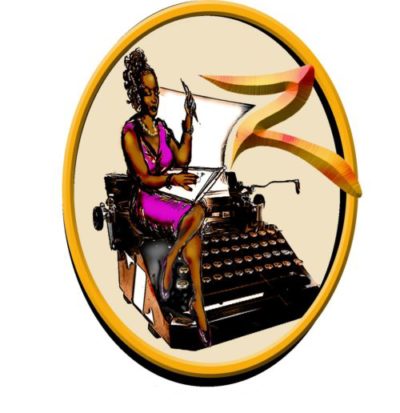
By Zakeia Tyson-Cross
Over the last five years, increasing levels of police brutality and other forms of hate crimes took their toll on Black boys, a trend that traces back to the late 1800s. As interfaith groups, community activists and leaders, family and friends rally for peace, justice and equality in the streets of Chicago, New York, Atlanta, Baltimore, and so many other cities, violence continues to take center stage. Academic panels and media commentators grapple with developing strategies to save the lives of our Black Boys. Apart from oversimplified and decorative answers that these groups offer, how do we find structures to resolve to come to grips with this issue?
During an interview with ABC News, Lawrence Otis Graham, attorney and author of Our Kind of People, shared his insight on what he put into practice to protect his sons from racial profiling. After hearing about the tragic death of Trayvon Martin, Graham believed that by insulating his sons in a prestigious life style and methodically choosing clothes that “don’t suggest they are a part of the criminal element” — high-top sneakers, hoodies, etc. — he would reduce the probability that his sons would be racially profiled or be victims of a hate crime. I shared my view in a published editorial called “Will Wearing Suits and Ties Make African-American Boys Safe?” I emphasized that Black boys choice of dress does not unequivocally safeguard them from racial profiling and its potentially fatal consequences.
Many Black boys don’t see a clear path to partnership, leadership, and advocacy within their communities. They confront a reality shaped by provocative and deadly images of Black boys dying at the hands of those who should be protecting them. They develop a level of distrust that makes them feel valueless and dispensable. Some folks contend that poverty, poor education, and broken and violent families help lead these boys into danger.
As a community, we need to place more emphasis on action as opposed to mere words. Get involved in the lives of these young men. Partner with local churches, youth centers and social justice organizations, or start your own outreach program.
False and exaggerated narratives continue to tarnish the images of Black boys. Mentor boys who may be embarking on the wrong path and recognize those who do the right thing every day. In so doing you will let them know that their lives truly matter.
Original site: BK Nation

